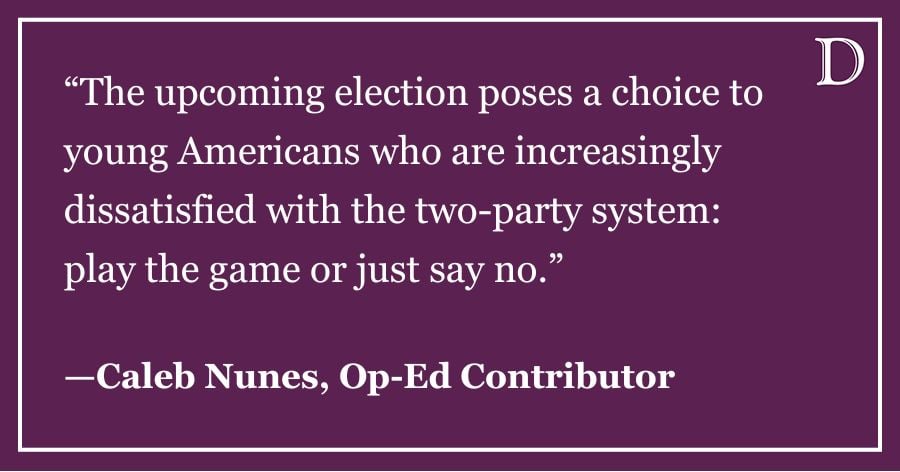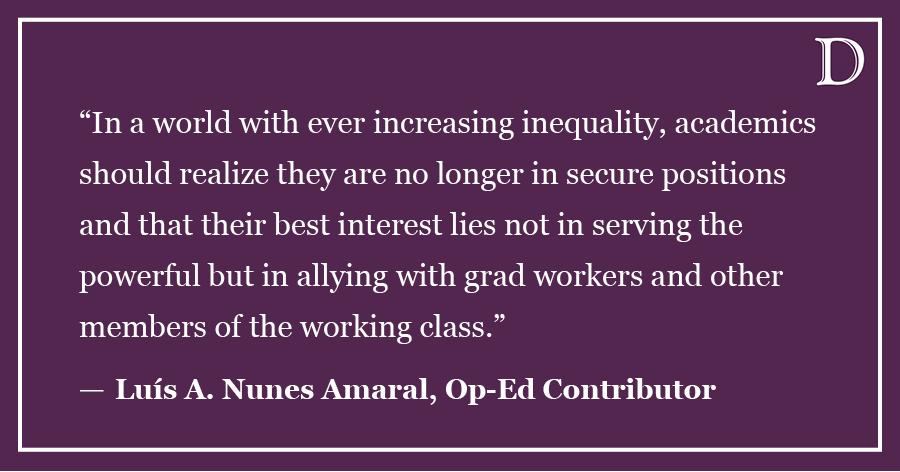Earlier this month, Vice President Joe Biden made a short visit to Berlin on his way to the Munich Security Conference. Many Europeans hoped that he, as a representative of President Barack Obama’s government, would spell out an expansive and positive view of U.S.-European relations.
In Berlin, they got their wish. Biden promised a unified stance with Germany and the European Union, proclaiming them to be the most important allies to the United States , assuaging legitimate European fears that U.S. foreign relations may have been shifting to become more Asia-centric.
According to polls conducted by Transatlantic Trends in 2012, a majority of Americans and citizens of EU member states consider the relationship between the United States and the EU to be highly important — more important than relationships with developed Asian nations — on a large number of issues, from security to climate change. Many Europeans and Germans hope that since Obama is free from the need to run for reelection, he will pursue previously ignored topics, such as world climate accords, with more vigor.
In Munich, European representatives were excited to hear Biden fully endorse a free trade agreement between the United States and the EU, which has been a goal of both sides since the 1990s and more recently the subject of a push by the EU Parliament. It has been difficult to attain because of key differences in measurements, safety and health standards, and other “red tape” problems. Biden emphasized the need to grow past these problems, arguing, “We can overcome the present differences. It must be done because the fruits of the agreement will be unlimited.”
Some economists argue that a free trade agreement between the two political entities, which traded an estimated $600 billion worth of goods in 2012, would boost economic growth, a potent argument considering the economic troubles on both sides of the Atlantic.
Biden also addressed open negotiations with Iran, promising only to commit to negotiations if the Iranian regime is serious about negotiating in good faith about the future of its nuclear refinement operations. Syria was also mentioned, with Biden once again calling on Assad to step down.
On each issue Biden highlighted the commitment of European nations and argued that a strong EU is important to world security and America’s success. His visit has created a chance for the Obama Administration to deepen ties between the two unions.
Erick Meszaros-Jones is a Weinberg senior and a Global Paradigm Fellow based in England. The Global Paradigm Project is intended to link students across the world in a substantive discussion of politics and policy. Visit politicsandpolicy.org/category/dispatches to read more posts from our Global Paradigm Fellows.













